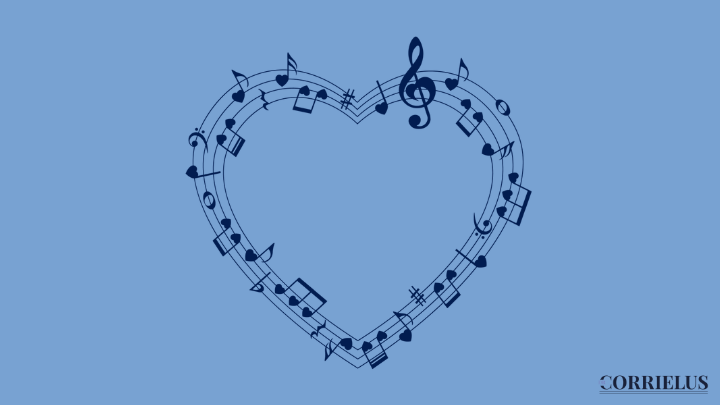Your entire being can be healed, purified, and uplifted by the appropriate music.
Music is so complicated and intricate that it cannot be understood or described in words. Only the sense of feeling can transform music into thoughts and feelings. It reaches you in ways that nothing else can and fills your entire body like pure energy.
It makes sense that people have long embraced music as a means of expression, renewal, and healing.
Go to the gym if you want to tone your body. Play some music while you work on your brain.
There aren’t many things that can affect the brain like music. If you wish to maintain mental activity during the aging process, listening to or playing music is a great tool.
According to studies, listening to music can enhance memory, mood, sleep quality, and mental clarity while lowering anxiety, blood pressure, and discomfort.
How Music Affects the Brain
Researchers are trying to understand how our brain hears and produces music. The vibrations from a sound system somehow reach the ear canal after traveling through the atmosphere.
These vibrations, which tickle the eardrum, are converted via the auditory nerve into an electrical signal, which then travels to the brainstem where it is remodeled into what we experience as music.
Numerous jazz musicians and rappers were asked to improvise music while lying in an FMRI (functional magnetic resonance imaging) machine so Johns Hopkins researchers could observe and record which parts of their brains lit up. Architecture, mathematics, and structure apply to music.
Its basis is the connections between notes. Your brain has to do a lot of calculations to understand it, even if you don’t realize it.
Here are some ways how you can use music to heal your mind
Explore an Instrument
Thirteen senior citizens’ attention, memory, and problem-solving skills, as well as their emotions and quality of life, all improved when they began taking piano lessons. Take a few lessons; you don’t need to become an expert.
Daily Music Boosts for the Brain
There are other benefits to music besides fascinating study. Try these strategies to include more music in your life and reap its cognitive benefits.
Stimulate your curiosity.
Experts advise paying attention to what your children or grandchildren like. We often stick to the same music genres and songs that we did in our teens and early 20s, and generally avoid listening to anything outside of that timeframe.
Old music doesn’t mentally overload the brain like new music. Although it may not be comfortable at first, due to unfamiliarity, the brain has to work hard to process the new sound.
An old memory should come to mind.
Try listening to some of your favorite music, especially if it was produced during the time you are attempting to remember. You might be reminded of the first time you saw your spouse while listening to the Beatles.
Be aware of your body.
Examine your reactions to various types of music, and pick the kind that works for you. What helps one person focus can distract another, and what helps one person relax can make another nervous.
A word from the doctor
What works for one person may not work for the others. So options like meditation, journaling, and exercise are other ways to improve your mental health.
So next time you’re feeling down, give it a try with your favorite song. It might just improve your quality of life, or at least your mood.
If you need further information or medical help about your mental and heart condition, contact me without any hesitation.



